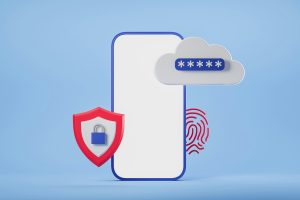Renters will agree that there are many types of landlords. Some landlords take pride in their rental property, while others don’t. What do you do if your landlord does not do repairs?
The landlord’s responsibility, as stated by the Alberta Government in the Housing Regulations document, is to “ensure the rental premises are habitable at the beginning and throughout the tenancy.” If you are having concerns about your landlord keeping up their end of the agreement, take a moment to be familiar with this document. More details are also available on the Landlords and Tenant website.
What should a tenant do when there are issues with the property of a dangerous or unhealthy nature? Review your rental agreement as it may cover repairs that you, as the tenant, are responsible for.
Never stop paying your rent, as your landlord can evict you for this. “A tenant cannot withhold rent because they believe the landlord is not meeting their obligations.” (Residential Tenancy Dispute Resolution Service (RTDRS)).
Examples of issues the landlord should take seriously:
- Water leaks or damage.
- Flooding in the home
- Poor water quality or no water
- Sanitation – working toilets and showers
- Faulty electrical or fixtures
- No heating
- An infestation of bugs (cockroaches, bed bugs)
When contacting your landlord regarding any maintenance, make sure you have a trail of your attempts to have the property repaired. If your landlord ignores you, you have the proof of your actions. A written letter delivered and signed for is a good start. You may have to do so more than once (note “Attempt #2” on the letter).
Some tenants may do repairs themselves, then deduct the cost of the repair off their rental payment. Unless you have a written agreement with your landlord to do so, this is not a recommended method. It can be seen as withholding rental payments.
When your landlord won’t budge you can:
- If you have a periodic rental agreement (you pay month to month), you may want to consider ending the agreement and moving.
- File a complaint by contacting the Consumer Contact Centre
- Contact RTDRS as noted above
- Contact CPLEA for assistance.
Often, we read about the bad tenants, but what about the bad landlords. Doing your due diligence before renting by checking out the landlord is important. Look for a rental property using a service such as Rentfaster.ca and feel assured you are renting from a responsible landlord.
Find more helpful blogs here that can help you navigate the ins and outs of renting.







